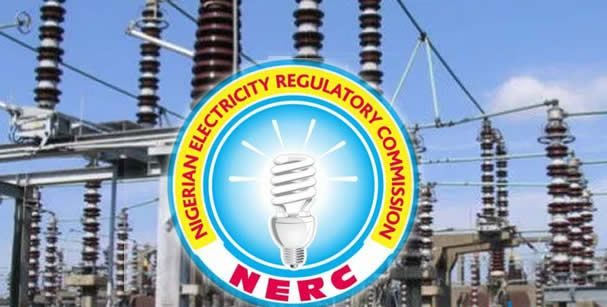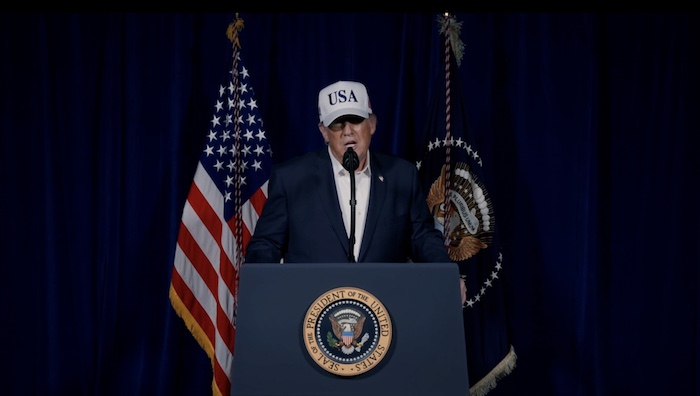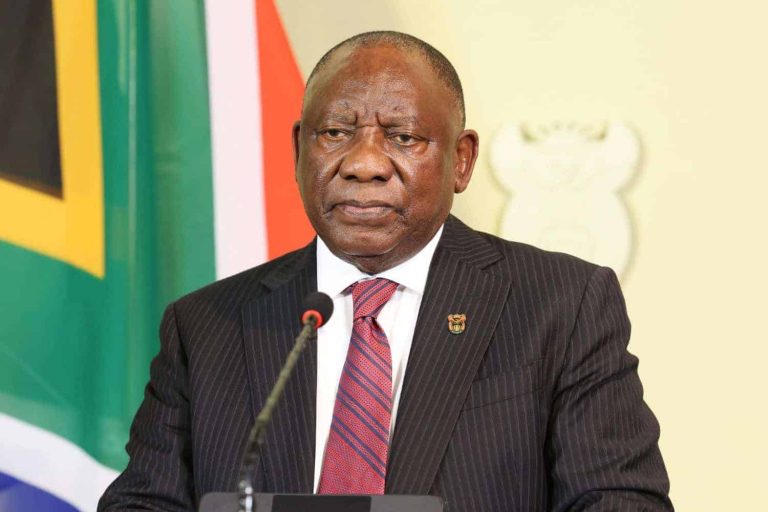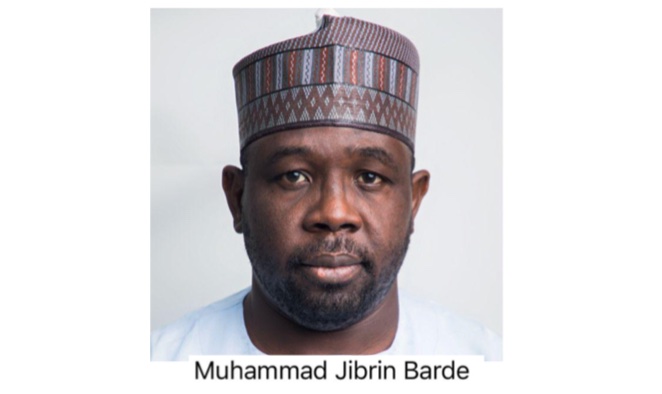
The Nigerian Electricity Regulatory Commission (NERC) has announced that plans are underway to introduce net metering regulations that would allow homes and businesses generating solar power to feed excess electricity back into the national grid and get paid for it.
The move comes as Nigeria experiences a rapid uptake in solar energy adoption, especially in rural and off-grid communities, fuelled by both public sector initiatives and private investments.
Soaring Solar Adoption and New Policy Direction
In a statement issued Thursday, NERC revealed that the value of imported solar panels in the first quarter of 2025 alone stood at N125.29 billion, highlighting the growing demand for renewable energy solutions across the country.
The commission also disclosed that:
- Over $200 million worth of solar panels more than four million units were imported into Nigeria in 2023.
- A large portion of these panels were deployed for captive power generation, often used by households and businesses seeking independence from the national grid.
- Nigeria added 63.5 megawatts (MW) of solar capacity in 2024, bringing the country’s total installed solar capacity to 385.7 MW.
“This expansion reflects the increasing adoption of renewable energy, particularly in rural and off-grid areas, driven by government initiatives and private sector investments,” the commission stated.
Net Metering in Sight: From Energy Independence to Grid Contribution
NERC said that in response to stakeholder interest, it has now developed draft regulations on net billing a form of net metering. This will enable grid-connected solar users to export excess electricity back into the grid and earn commercial value for it.
“Given this expansion, stakeholders have approached the commission with requests to explore the possibility of implementing a net metering arrangement,” the statement said.
In accordance with Sections 46 and 48 of the Electricity Act 2023, the Commission is now initiating a public consultation process for the proposed regulations. The draft framework has been published on the NERC website, and the public is invited to review and submit feedback.
The consultation window remains open until September 26, 2025.
A Pivotal Step Toward Decentralised, Clean Energy
Experts believe the proposed net metering policy could be a game-changer for Nigeria’s energy ecosystem, shifting the country toward a decentralised and participatory model of electricity generation.
By monetising surplus energy from solar users, the regulation could:
- Encourage more investments in renewable energy,
- Improve grid reliability, and
- Reduce Nigeria’s reliance on fossil fuels.
As the policy framework takes shape, stakeholders across the power sector are watching closely, hoping that this signals a new era of energy inclusiveness and sustainability in Nigeria.



